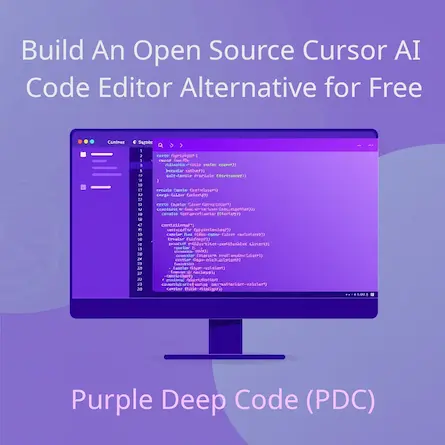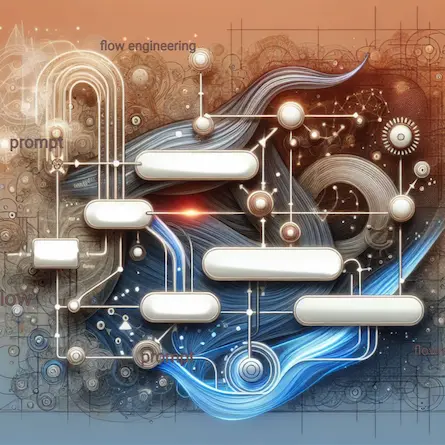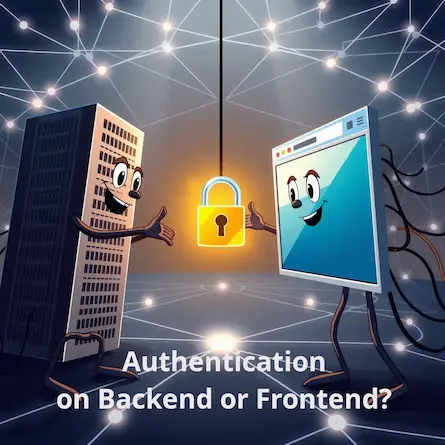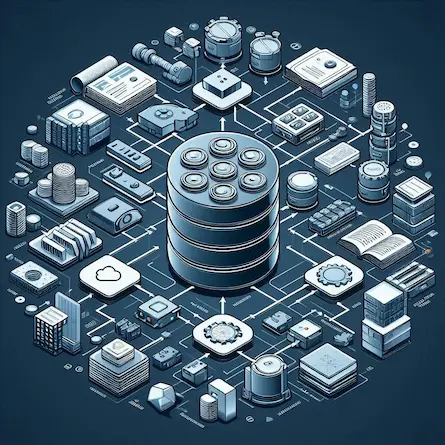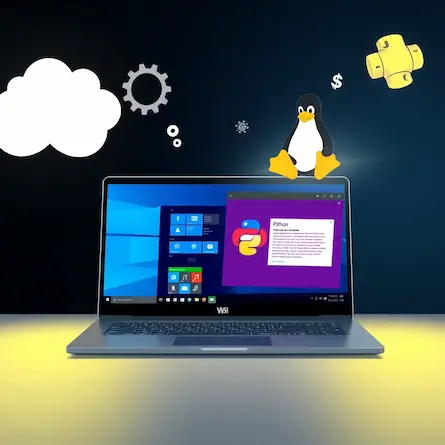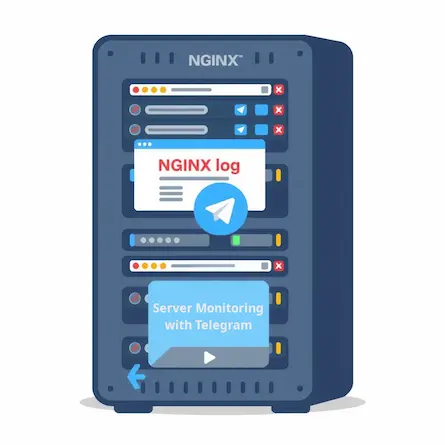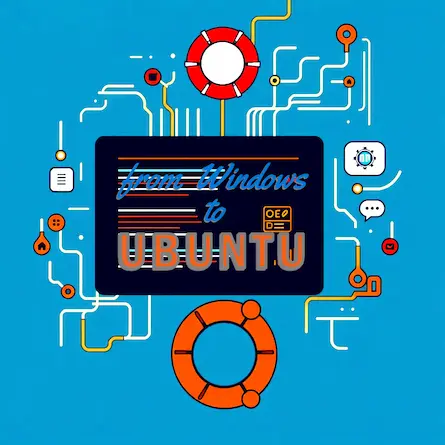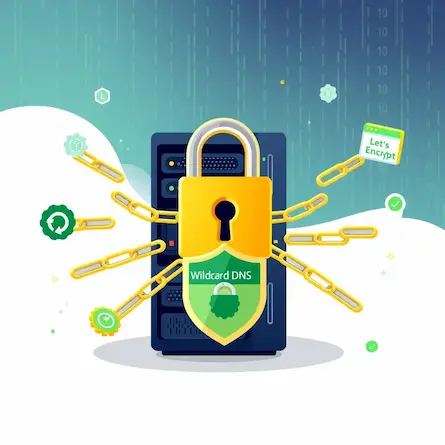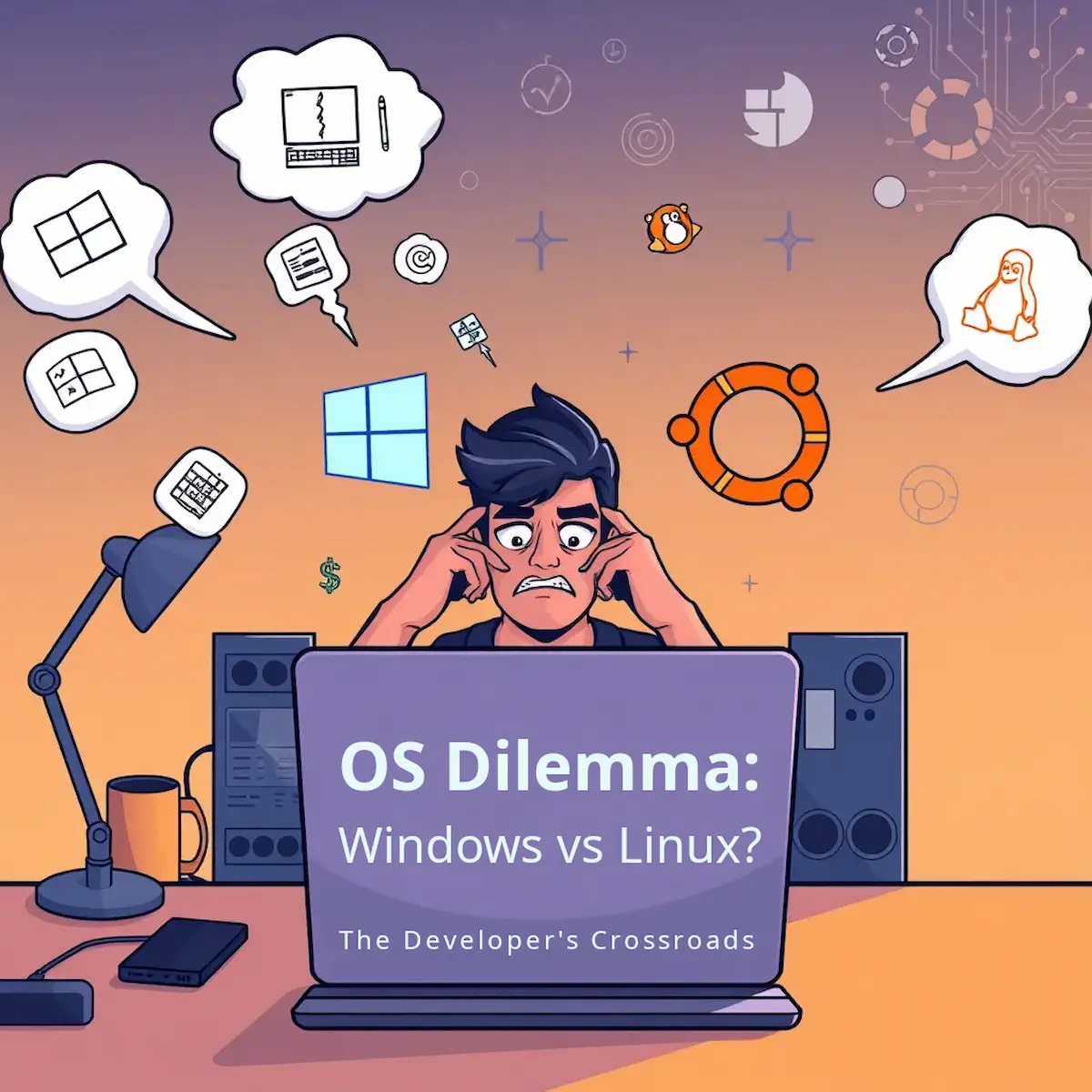
Budget Laptop Local LLM Users Dilemma: Upgrading from Windows 11 Home to Pro or Switching to Ubuntu
- Ctrl Man
- Technology , AI
- 20 Sep, 2024
Budget Laptop Local LLM Users Dilemma: Upgrading from Windows 11 Home to Pro or Switching to Ubuntu
Introduction
For budget-conscious laptop users, particularly those running or developing local Large Language Models (LLMs), the decision of upgrading their operating system can be daunting. Should they opt for the more feature-rich but also pricier Windows 11 Pro, or should they consider the cost-effective and versatile open-source alternative, Ubuntu? This article explores both options in detail, focusing on compatibility with hardware like 41 GB RAM and Intel Iris GPU, and features crucial to users running resource-intensive applications like LLMs.
Compatibility with Hardware
Both Windows 11 Home and Pro versions are compatible with high-end configurations such as 41 GB of RAM and the Intel Iris GPU. However, the key difference lies in how these systems manage and utilize your hardware resources:
Windows 11:
- Memory Management: Both Home and Pro support up to 256 TB of RAM theoretically (though practical limits are much lower). The Pro version supports up to 2 TB of physical RAM.
- GPU Support: While both versions handle GPU memory effectively, the Pro version offers more advanced virtualization features like Hyper-V. For users with large VRAM environments, this can be advantageous.
Ubuntu:
- Memory Management: Ubuntu fully supports your 41 GB of RAM and the Intel Iris GPU without any issues.
- Virtualization: While Ubuntu does not have a built-in equivalent to Windows’ Hyper-V, it offers powerful alternatives like KVM for virtualization. This makes it highly flexible and suitable for professional use.
Security Features
When considering security features, both operating systems offer robust protection:
Windows 11 Pro:
- BitLocker: Provides full-disk encryption.
- Advanced Security Tools: Includes Windows Defender with real-time protection, secure boot, and other advanced security features.
Ubuntu:
- Full-Disk Encryption (LUKS): Similar to BitLocker, LUKS offers strong disk encryption.
- Security Tools: Ubuntu includes AppArmor, SELinux, and SSH for network security. These tools are often considered more flexible and customizable than their Windows counterparts.
Virtualization
Virtualization is a critical feature for many users, especially those working in enterprise environments:
Windows 11 Pro:
- Hyper-V: Allows users to create virtual machines directly on the host system.
- Windows Sandbox: Provides an isolated environment for running untrusted applications securely.
Ubuntu:
- KVM/QEMU/LXC/LXD: Offers robust and flexible virtualization tools, which are often preferred by developers and IT professionals. These tools allow creating multiple virtual environments without the need for proprietary software.
Development and Customization
For developers and those looking to customize their operating system:
Windows 11 Pro:
- WSL (Windows Subsystem for Linux): Allows running a full Linux environment within Windows.
- Developer Tools: Includes Visual Studio, Git, and other development tools.
Ubuntu:
- Native Development Environment: Offers a more native and powerful development experience with built-in support for compilers, libraries, and developer tools like Docker and Podman.
- Customization: Highly customizable and flexible, making it the go-to choice for developers.
Cost
Cost is another important factor to consider:
Windows 11 Pro:
- License Fee: Typically costs around $99 USD but can be higher depending on region. This makes it a significant investment if you’re on a tight budget.
Ubuntu:
- Free and Open Source: Completely free, making it an excellent option for those looking to save money without compromising on features or performance.
Local LLM and Machine Learning Compatibility
When running local LLMs or other AI models, resource management and tool support are critical. Both Windows 11 Pro and Ubuntu offer different strengths in this area:
Windows 11 Pro:
- WSL for Machine Learning: With WSL 2, Windows can now run Linux-based AI toolsets like TensorFlow, PyTorch, and Hugging Face Transformers natively, which might appeal to users needing Linux environments for certain packages.
- GPU Acceleration: Windows supports CUDA and DirectML, but using GPU acceleration effectively can sometimes require additional configuration, particularly for AI workloads.
Ubuntu:
- Optimized for Machine Learning: Ubuntu is widely used in the AI community and often recommended for running local LLMs. Most AI frameworks (like TensorFlow, PyTorch, and JAX) are natively supported on Linux, and GPU acceleration (like CUDA for NVIDIA GPUs) works out of the box with minimal setup.
- Resource Efficiency: Ubuntu’s lightweight environment makes it more efficient for running resource-intensive machine learning models. It also handles multithreading and parallelism well, which is important when dealing with large VRAM environments.
Performance in LLM Applications
- Ubuntu: Due to its lower overhead compared to Windows, Ubuntu may give a slight edge in performance for LLM applications. It’s also easier to set up containerized environments (with Docker or Podman) for isolated LLM environments.
- Windows 11 Pro: While capable, Windows generally consumes more resources in the background, which could affect performance in highly resource-intensive tasks like training or fine-tuning large models.
LLM Development Tools
- Ubuntu: Many popular AI research and development tools are designed for Linux first, which makes it easier for developers working with LLMs to find native support and up-to-date packages.
- Windows 11 Pro: While Windows has improved its Linux compatibility through WSL, some cutting-edge AI tools or libraries may take longer to be fully supported. For users focused on building or fine-tuning LLMs, this could be a consideration.
Additional Conclusion for LLM Users
If your primary focus is running or developing local LLMs, Ubuntu may offer better performance and native support for machine learning tools and frameworks. For users who prefer a Windows environment but need Linux compatibility, Windows 11 Pro with WSL could still provide a viable solution but may require more setup effort.
Conclusion
For users with 41 GB of RAM and the Intel Iris GPU, both Windows 11 Home and Pro versions are compatible and perform well. However, if you’re looking for more advanced security, virtualization tools, and a robust development environment, Ubuntu offers many comparable features while being significantly cost-effective.
Recommendations:
- If Budget is a Concern: Consider sticking with Windows 11 Home and potentially using an OEM upgrade key or waiting for sales to reduce costs.
- For Advanced Features and Security: Upgrade to Windows 11 Pro if you can afford it, as it offers superior security features and virtualization tools. Alternatively, explore Ubuntu for its flexibility and open-source nature.
Ultimately, the best choice depends on your specific needs and budget constraints. Whether you choose Windows 11 Pro or switch to Ubuntu, both operating systems offer powerful solutions that cater to a wide range of users and applications.






